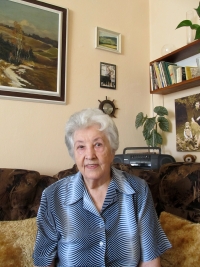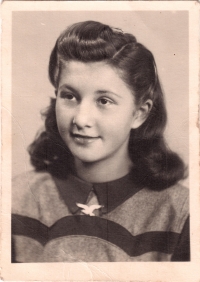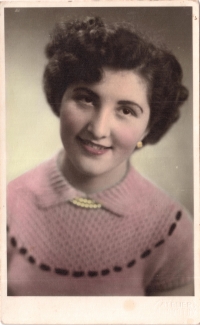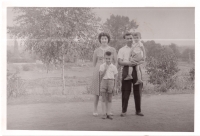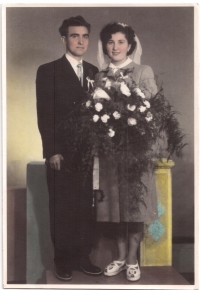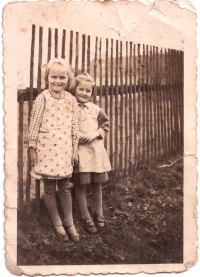When your life is marked by fear, you carry it with you to the grave
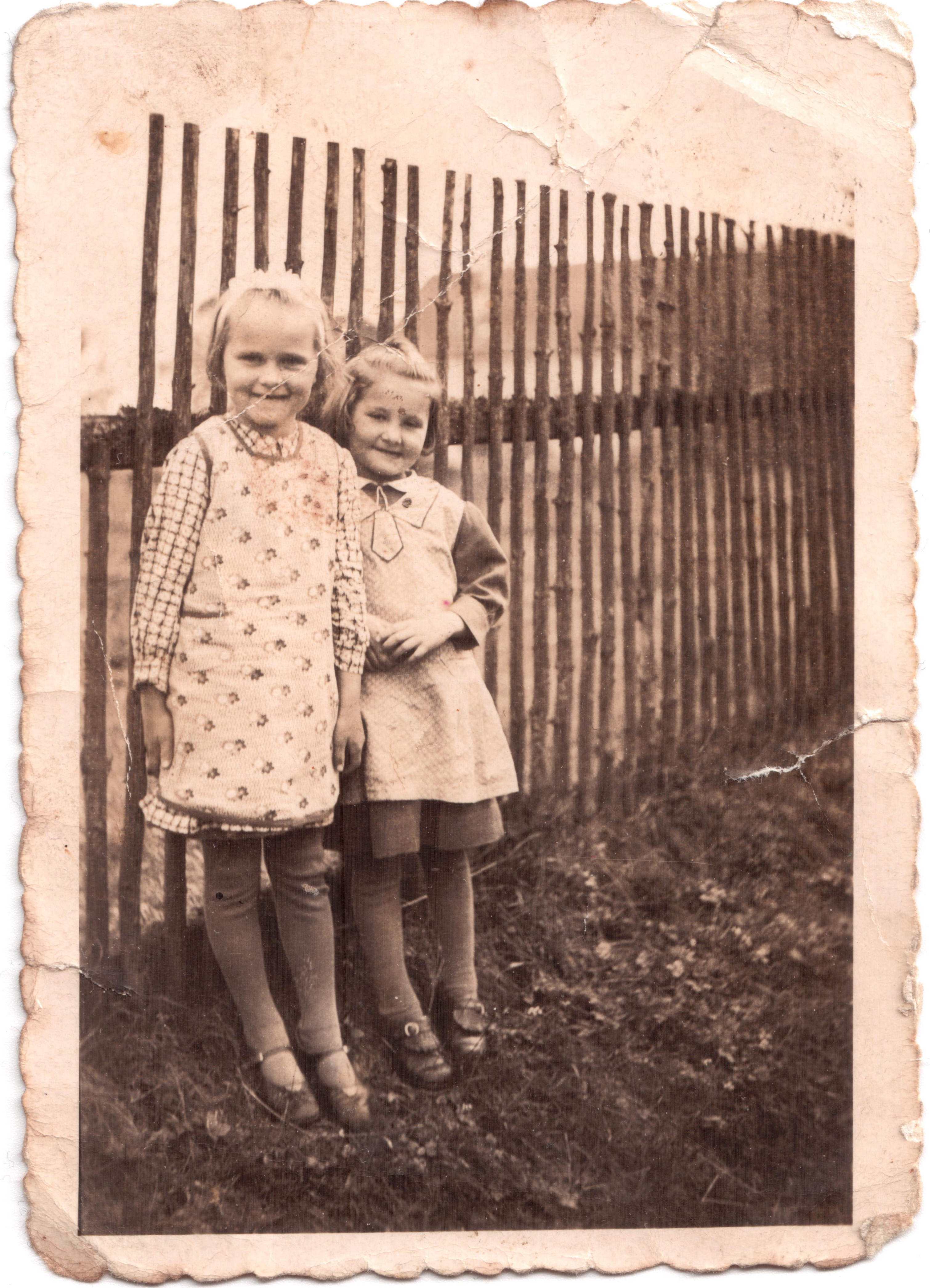
Stáhnout obrázek
Božena Škrabalová, née Kynclová, was born on September 5, 1934 in the village of Čachnov in the Vysočina region. The father was a labourer and the mother earned a living through various jobs - from servicing to fishing net making. Božena was the last of five children, and at the time of her birth the family was struggling with the effects of the economic crisis and her life was affected by extreme poverty. The witness‘s greatest trauma was caused by an experience at the end of the war, when on May 5, 1945, a guerrilla operation took place near Čachnov. The partisans detonated ammunition as the train passed with the German crew. The retaliation came immediately and claimed many innocent lives, which Božena witnessed. As a result of this experience, her whole life was marked by fear. After completing primary education, due to the family‘s financial situation, the young girl had to give up any aspirations for further education. She joined the Hedva textile factory in Polička as a worker. After meeting her future husband, she moved to Polička. She raised two children and in 1964 joined a bookstore. She and her husband stopped participating in public life after 1968 when the witness‘s husband resigned from the Communist Party in response to the occupation of the country by Warsaw Pact troops. In order for their children to study, their parents had to use their contacts. In the years 1977–1978, Božena studied distance learning at the library school in Luhačovice. The witness welcomed the Velvet Revolution, took part in a demonstration in Polička Square, but no longer publicly engaged in any way.
